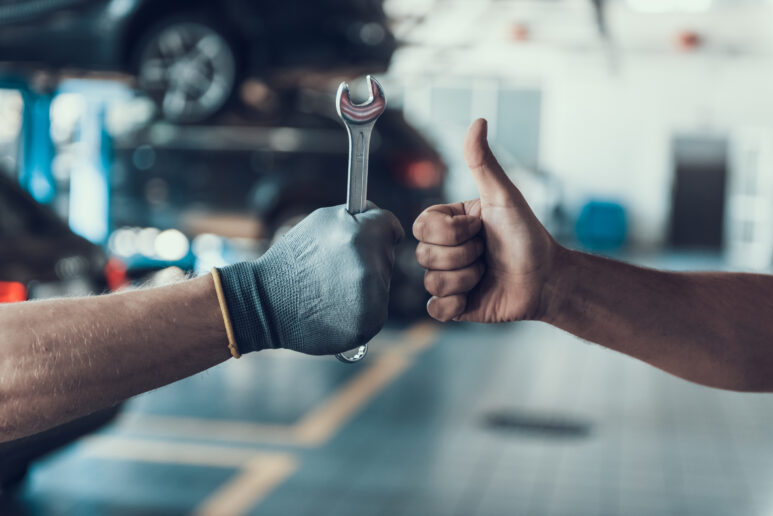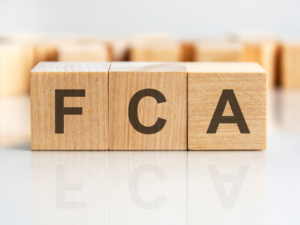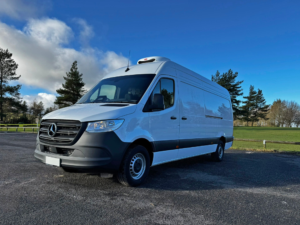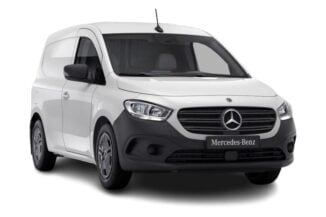Keeping a vehicle on the road is essential for any business. Whether you’re a sole trader relying on a single van or a business running a fleet of commercial vehicles, understanding your responsibilities — and the protections available — is crucial.
Two terms often misunderstood in leasing and commercial vehicle ownership are Maintenance and Warranty. Although they both relate to the upkeep and reliability of your vehicle, they serve entirely different purposes and cover very different things.
This guide breaks down everything you need to know:
- What a maintenance package is and what it covers
- What a manufacturer’s warranty is and how it protects you
- What isn’t covered by either
- The differences between funder-maintained and customer-maintained leasing
- Why regular servicing matters
- How warranties and maintenance can work together to protect your business

What is vehicle maintenance?
Vehicle maintenance refers to the ongoing servicing, repairs, and replacement of wear-and-tear items that keep your van or pickup safe, legal and running efficiently.
In leasing — particularly for Business Contract Hire (BCH) and Finance Lease agreements — you can choose between:
Funder-maintained
- The finance provider handles and pays for your maintenance for a fixed monthly cost.
Customer-maintained
- You are responsible for organising and paying for all servicing, tyres, and repairs.
A funder-maintained package is popular with businesses that want certainty, reduced downtime, and no surprise repair bills.
What does a maintenance package include?
Maintenance packages are designed to cover all routine servicing and the majority of mechanical repairs your vehicle may require during the lease.
A typical funder-maintained package includes:
✅ Routine servicing
Based on the manufacturer’s recommended intervals — annual or mileage-based.
✅ Mechanical & electrical repairs
Covers unexpected mechanical faults, wear-related repairs and component failures.
✅ MOT tests
Required if your lease runs for 36 months or longer.
✅ Batteries & exhausts
Covered if they fail through normal use.
✅ Breakdown assistance
Roadside repairs whenever possible.
✅ Vehicle road tax
Included for the full duration of the lease.
✅ Replacement vehicle (optional)
Often available for a small extra fee.
✅ Tyres
Including:
– Premium brand replacements
– Damaged tyres
– Tyres worn to 2mm tread depth (legal minimum is 1.6mm)
What’s Not covered by maintenance packages?
Maintenance does not cover anything caused by neglect, improper use, or accidental damage. This includes:
🚫 Driver-induced faults
🚫 Accidental damage or collision repairs
🚫 Missing or broken items
🚫 Vandalism or theft
🚫 Windscreens/glass replacement
🚫 Misfuelling
🚫 Cosmetic repairs
🚫 Fluid top-ups between services (e.g., AdBlue®, screenwash) unless included by the provider
This is why it’s important that drivers continue basic checks such as tyre pressures and fluid levels.
How do maintenance packages work?
When your lease starts, you receive:
- A contacts sheet for booking repairs, services or MOTs
- Instructions on which approved dealerships you must use
- Guidance for warranty and maintenance requirements
All work must be carried out at a funder-approved or manufacturer-approved service centre to ensure compliance with your warranty and lease agreement.
Should you choose a funder-maintained lease?
A maintained lease is ideal if you want:
⭐ Fixed monthly costs
Predictable budgeting with no unexpected garage bills.
⭐ Reduced downtime
Approved technicians work efficiently, keeping your vehicle on the road.
⭐ Peace of mind
All serviceable items are covered, including tyres.
⭐ VAT benefits
VAT-registered businesses can reclaim 100% of the maintenance element.
⭐ Guaranteed quality
All servicing and repairs are completed by trained, approved professionals.
Alternatively, if you prefer complete control or have an in-house workshop, a customer-maintained lease may be suitable — but you must budget for tyres, servicing, and unexpected repairs.
Many customer-maintained users choose to set aside a monthly maintenance fund to prepare for these costs.
What is a manufacturer’s warranty?
A manufacturer’s warranty protects your vehicle against manufacturing defects, covering the cost of parts and labour when something fails due to a fault in materials or workmanship.
Every brand-new commercial vehicle leased through Commercial Vehicle Contracts includes:
- Full manufacturer’s warranty
- Road tax
- Delivery from a franchised dealer
- Access to genuine parts and certified technicians
Most van and pickup warranties last 3–5 years or up to a specific mileage (e.g., 60,000 miles), whichever comes first.
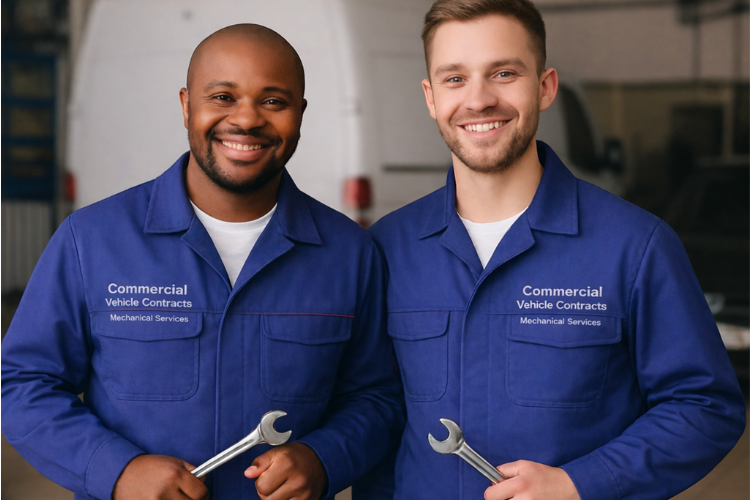
What does a manufacturer’s warranty cover?
While each manufacturer’s warranty differs, the most comprehensive ones typically cover:
✅ Engine & internal components
✅ Gearbox & transmission
✅ Drive systems
✅ Steering & suspension
✅ Electrical systems
✅ Fuel & ignition systems
✅ Cooling systems
✅ EV batteries & high-voltage components
All repairs are completed using genuine manufacturer-approved parts, ensuring reliability and preserving resale value.
What’s Not covered by warranty?
Manufacturer warranties do not cover normal wear or damage caused by external factors.
Common exclusions:
🚫 Tyres, brake pads, brake discs
🚫 Clutches (wear & tear)
🚫 Wiper blades, bulbs, fluids
🚫 Windscreens
🚫 Accidental or cosmetic damage
🚫 Damage from improper use or neglect
🚫 Aftermarket accessories not fitted by the manufacturer
A warranty is not a replacement for regular servicing — it only covers manufacturing defects.
Warranty start date, validity & servicing requirements
Your warranty starts on the DVLA first registration date, not the date you receive the vehicle.
To keep your warranty valid, you must:
✔ Service the vehicle on time
✔ Use approved or equivalent-quality parts
✔ Record all service history
✔ Follow manufacturer guidelines
Failing to maintain your vehicle can invalidate your warranty, leaving you liable for repair costs.
What happens when the manufacturer’s warranty expires?
If you keep your van beyond the standard manufacturer warranty period, you may have the option to extend protection through:
Extended warranty / Mechanical Breakdown Insurance (MBI)
Available on many commercial vehicles, MBI covers components that fail after the initial warranty expires.
For leased vehicles, you can also rely on your maintenance package if you selected a funder-maintained agreement, as it remains valid for the entire lease term.
Maintenance vs Warranty: The key differences
| Feature | Maintenance Package | Manufacturer Warranty |
|---|---|---|
| Covers wear & tear? | ✔ Yes | ✘ No |
| Covers manufacturing defects? | ✔ Sometimes (depending on fault) | ✔ Yes |
| Includes tyres? | ✔ Yes (premium brand replacements) | ✘ No |
| Includes MOT? | ✔ Yes | ✘ No |
| Includes servicing? | ✔ Yes | ✘ No |
| Breakdown cover? | ✔ Often included | ✔ Usually included |
| Costs | Monthly fee | Included in vehicle price |
| Duration | Duration of lease | Typically 3–5 years |
| Responsibility for booking? | Shared | Driver |
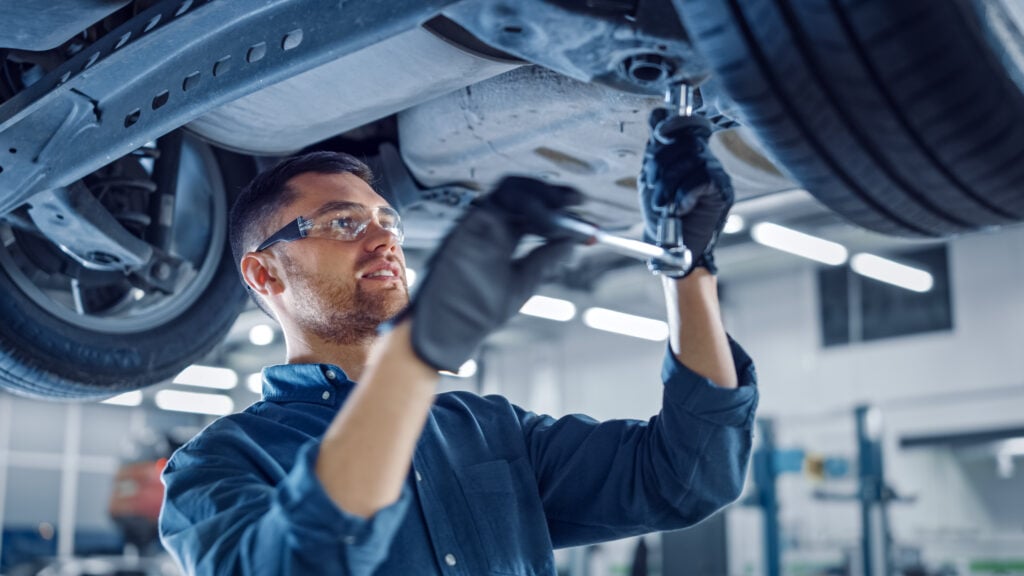
Why leasing with Commercial Vehicle Contracts makes sense
Whether you’re running a single van or a nationwide fleet, we tailor your agreement to meet your business needs — with total transparency and expert support.
Van leasing has become the preferred choice for many UK businesses thanks to its numerous financial and operational benefits:
- Low initial outlay: Get started with minimal upfront costs compared to a large purchase deposit.
- Fixed monthly budgeting: Protect your cash flow with predictable, fixed monthly payments for the duration of your contract.
- Always drive the latest: Upgrade to a new model, ensuring you always have the newest technology, safety features, and maximum efficiency.
- No depreciation worries: We bear the risk of the vehicle’s future value, so you don’t have to worry about resale value or market fluctuations.
- Professional image: Enhanced business presentation and credibility.
- Expert guidance: Our dedicated team will solve all your lease queries and offer expert advice.
- Latest compliance: Always meet current emissions and safety standards.
- A seamless, all-inclusive service: Our lease process is designed to be straightforward, saving you both time and money. We manage everything to get you driving your new van quickly and efficiently.
- 24/7 customer portal: Manage your lease easily online, track orders, check vehicle details, and contact your account manager anytime.
- Dedicated account management: Expert support throughout your lease term.
- Tax efficiency: VAT reclaim and capital allowance benefits.
- Bespoke customisation: Tailored vehicle conversions designed to suit your exact business needs.
- Expert craftsmanship and conversions: High-quality builds using durable materials for long-lasting performance.
Find the perfect lease deal today!
With our extensive range of vans available for lease, you’re guaranteed to find the perfect vehicle to meet your needs. As proud members of the British Vehicle Rental and Leasing Association (BVRLA), we uphold the highest standards of service and professionalism. Plus, with our Price Promise, you can be confident you’re getting the best deal available. Rest assured, we are also authorised and regulated by the Financial Conduct Authority (FCA), ensuring transparency and trust in every transaction.
Many UK businesses have already benefited from our hassle-free approach to securing a brand-new van, and now it’s your turn to take advantage of our exceptional services.
Final thoughts: Maintenance and Warranty Work Together
A warranty protects you against unexpected defects, while a maintenance package covers routine upkeep and wear-and-tear.
For businesses seeking maximum uptime, predictable costs, and stress-free fleet management, a funder-maintained lease paired with the manufacturer’s warranty offers the strongest protection.


